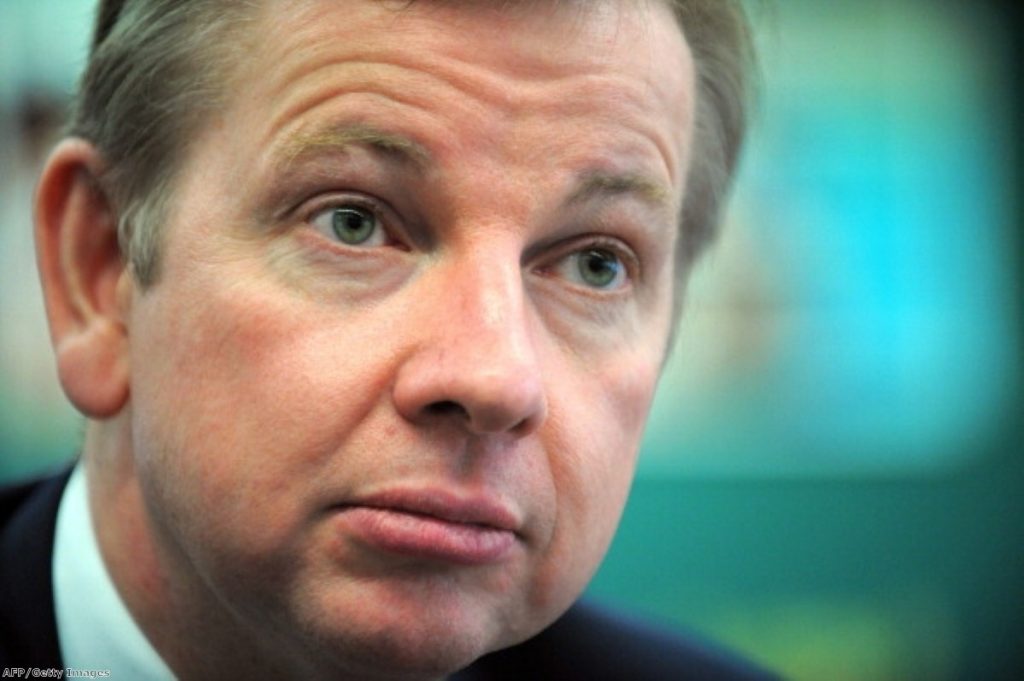Eve of battle: Human Rights Act supporters bullish ahead of Queen’s Speech
Human rights supporters are gearing up for a fight ahead of the first glimpse of plans to scrap the Human Rights Act in tomorrow's Queen's Speech.
A bill to scrap the Act and replace it with a British bill of rights is expected to appear in the document, although it is uncertain whether it will suggest the UK is prepared to leave the European Convention of Human Rights, or whether it will simply take its legal requirements and put them into a new piece of legislation.
The SNP struck a confident note over the weekend when they insisted they believed they could overturn the Conservative majority on the issue following sympathetic talks with potential Tory rebels.
The party's home affairs spokesman Joanna Cherry told Sky's Murnaghan programme she was "already aware that a number of leading Tory backbenchers will be with us on that".


While she did not give specific numbers, she added:
"We are very confident that we can lead a progressive consensus in the House of Commons which would be sufficient to defeat the government, drawing on our contact with Tory backbenchers."
The full extent of a potential Tory rebellion is starting to become a little clearer, with figures such as Andrew Mitchell, former chief whip, Damian Green, former Home Office minister, and David Davies, former shadow home secretary, potentially joining confirmed rebels such as former attorney general Dominic Grieve and former justice secretary Ken Clarke.
Mitchell told the Telegraph he had not made a final decision about how to vote but he was "extremely sceptical" about the proposals. He said:
"I am very concerned about withdrawing from the European court of human rights.
"I have clear views about the importance of international justice, which we need to expand, and Britain pulling out of the European court will send all the wrong signals on the British commitment to expanding human rights around the world."
Green said:
"I would definitely not want Britain to withdraw from the convention because it would appear as though the UK was no longer as committed to human rights as it in fact is. This would damage our country’s reputation."
Speaking anonymously, one government member told the newspaper he would be prepared to stand down over the vote. They said:
"I will probably oppose it. The idea that my constituents should have fewer protections available as a last resort is not something that I can accept."
With a majority of just 12 and an increasingly united opposition, the vote over a change to the law could bring David Cameron's honeymoon period following the election to a sudden end.
New shadow justice secretary Lord Falconer made it clear Labour would be standing firmly against the bill in an interview for the Guardian and insisted that even if it passed in the Commons it would likely be defeated in the Lords.
Conservatives are completely outnumbered by Lib Dem and Labour peers in the second chamber. However, there is a constitutional debate brewing over how far the second chamber could oppose it.
Lords are not supposed to vote down measures found in the governing party's manifesto, but while plans to scrap the Human Rights Act were in the document, there was no mention of pulling out of the ECHR. Peers are therefore likely to feel confident in opposing a more radical proposal from the Conservative government.
Falconer said:
"The Lords over the past 20 years have come to see their role as guardians of our constitution, and if the Conservative measures strike at fundamental constitutional rights, the Lords will throw this back to the Commons."
Even if the bill passes the Commons and the Lords, it is expected to face possibly insurmountable opposition from the devolved assemblies, which may have the power to stop it dead in its tracks.
For a full briefing on the obstacles facing the Tories Human Rights Act attack, read our five minute guide.









